 December 2014
MAVEN and the evolution of Mars
December 2014
MAVEN and the evolution of Mars
... carbon dioxide content ended up as carbonate rocks (limestone for example) because of the presence of liquid water on its surface. A reaction between CO2 gas and liquid water is the key to this process. Venus may not have had sufficient longlived...
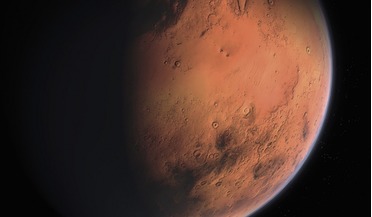 May 2021
In-situ propellant design for Mars ascent vehicles
May 2021
In-situ propellant design for Mars ascent vehicles
...at the surface. Low atmospheric density indicates that if Mars ever had liquid water on its surface, it would have evaporated immediately. So even if we find water on Mars, it would be very difficult to make it usable. In other words, the atmospheric...
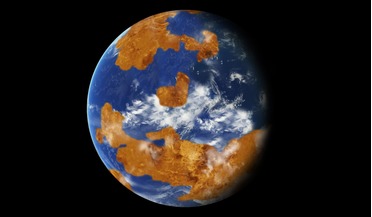 23 September 2019
Venus may once have had oceans says a new study
23 September 2019
Venus may once have had oceans says a new study
... looked like our own planet – a temperate world hosting liquid water for as long as two to three billion years, until... found that Venus could still support surface temperatures amenable for liquid water,” said Way. The study is not only relevant to...
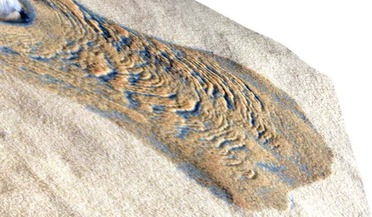 03 May 2016
Martian Seasonal Streaks May be Caused by Boiling Water
03 May 2016
Martian Seasonal Streaks May be Caused by Boiling Water
... slopes during warm seasons. They then lengthen and fade as they cool down. "Under certain circumstances, liquid water has been found on Mars," NASA concluded at the time. For the latest study, also published in Nature...
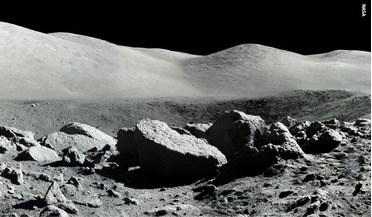 October 2021
Mining lunar hydrogen
October 2021
Mining lunar hydrogen
... ton of regolith, firstly to heat the mass to the ice point, secondly to melt it and thirdly to heat the liquid water generated to the boiling point, and then to evaporate it. The relevant equation is shown in the adjacent panel. These...
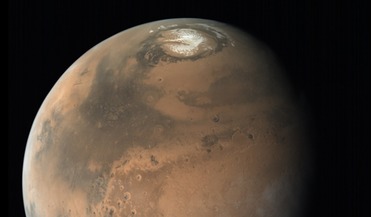 27 May 2019
Third largest water reservoir on Mars found
27 May 2019
Third largest water reservoir on Mars found
... can have all the right conditions for life, but if most of the water is locked up at the poles, then it becomes difficult to have sufficient amounts of liquid water near the equator." A composite image showing alternating layers of ice and...